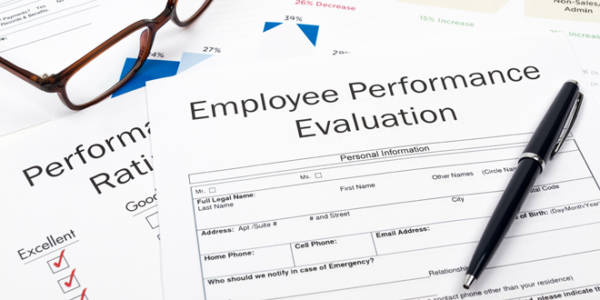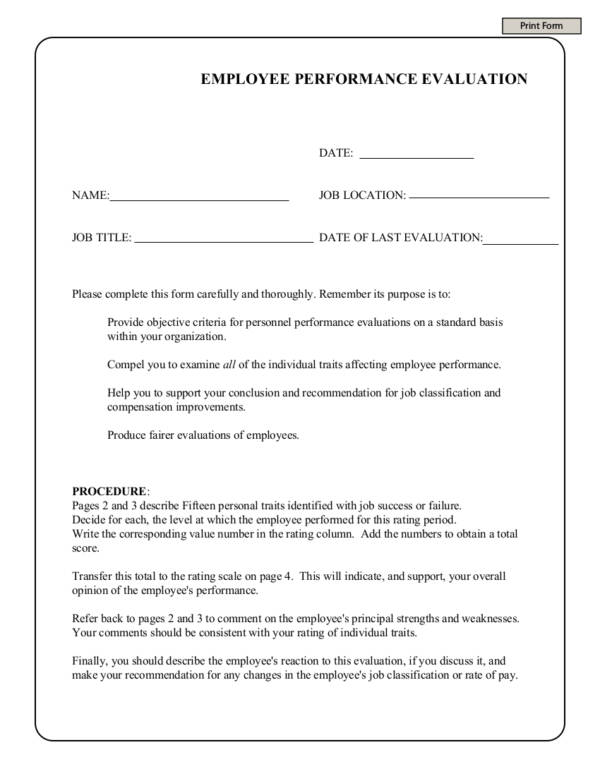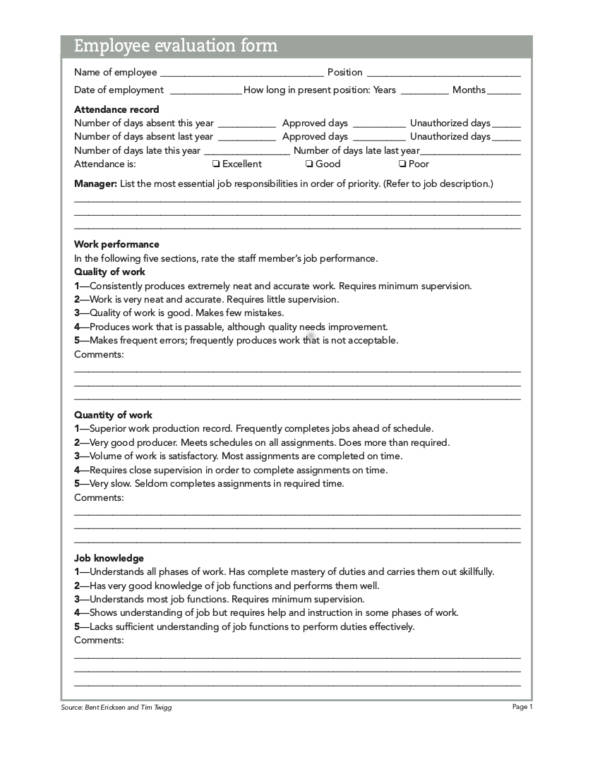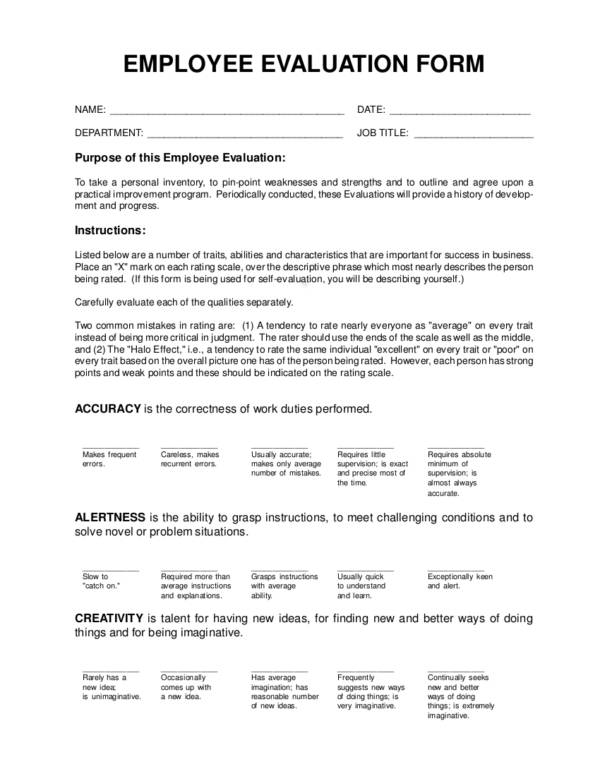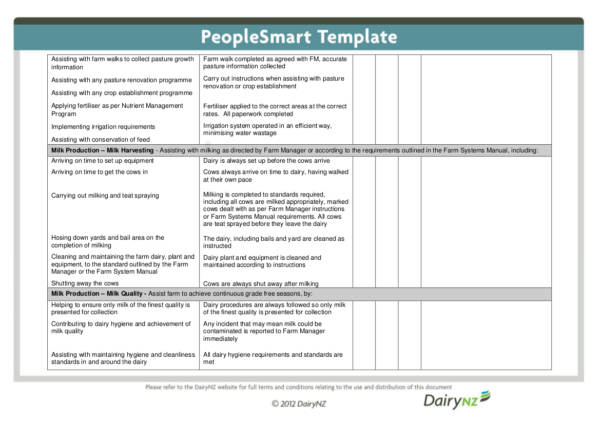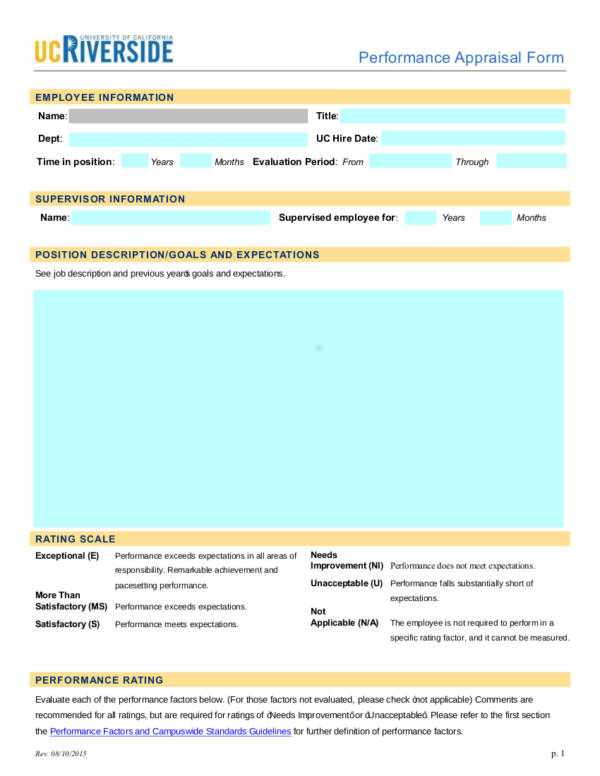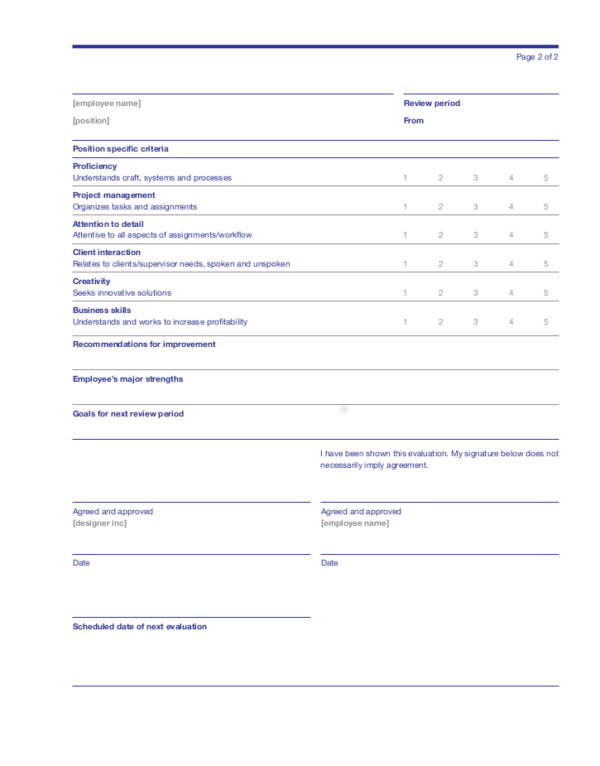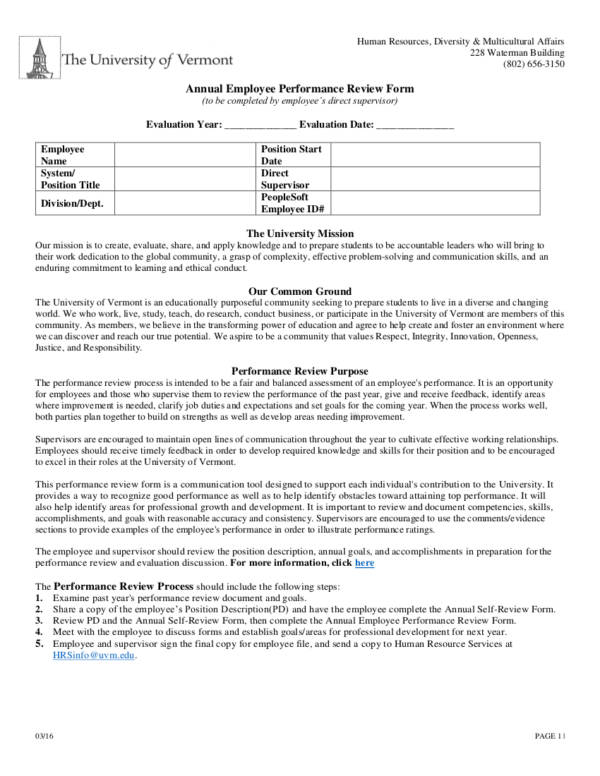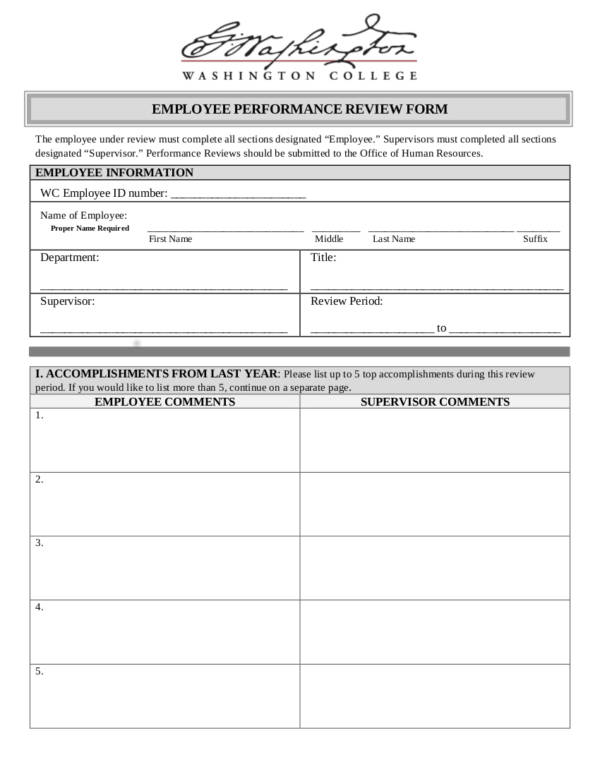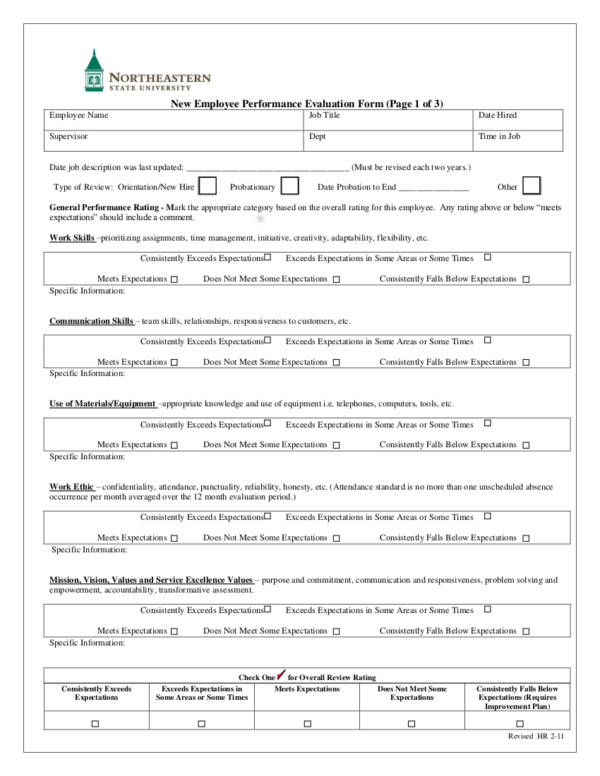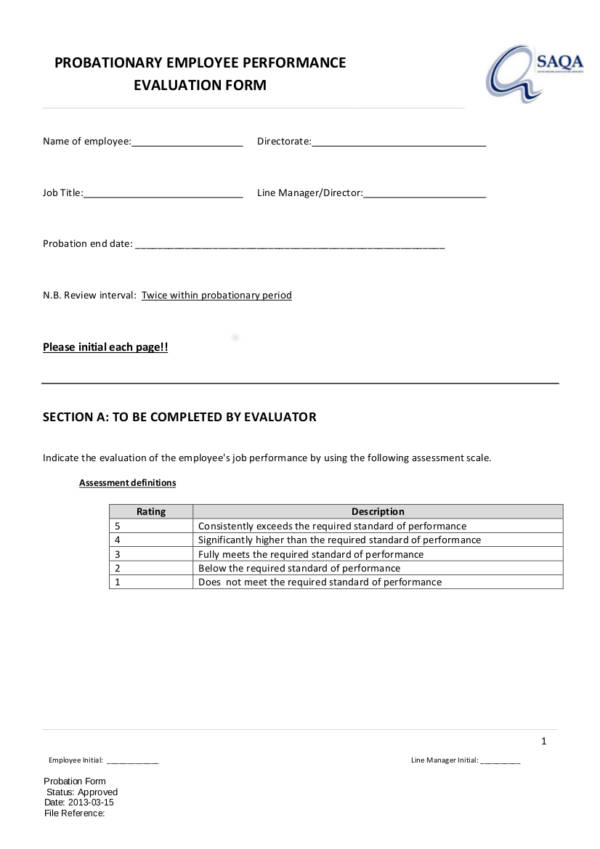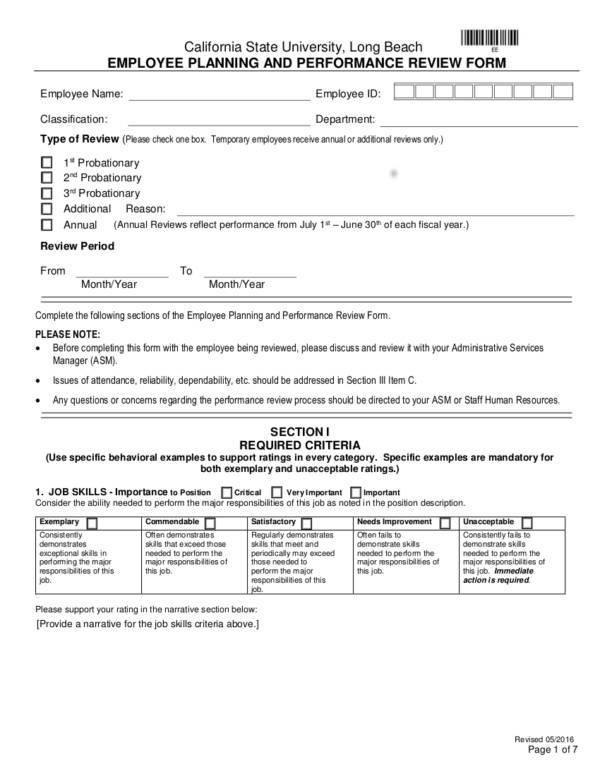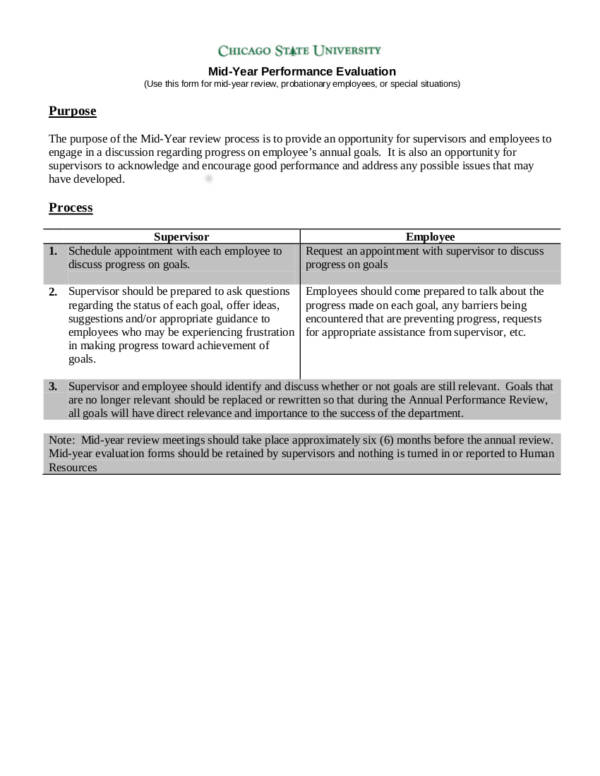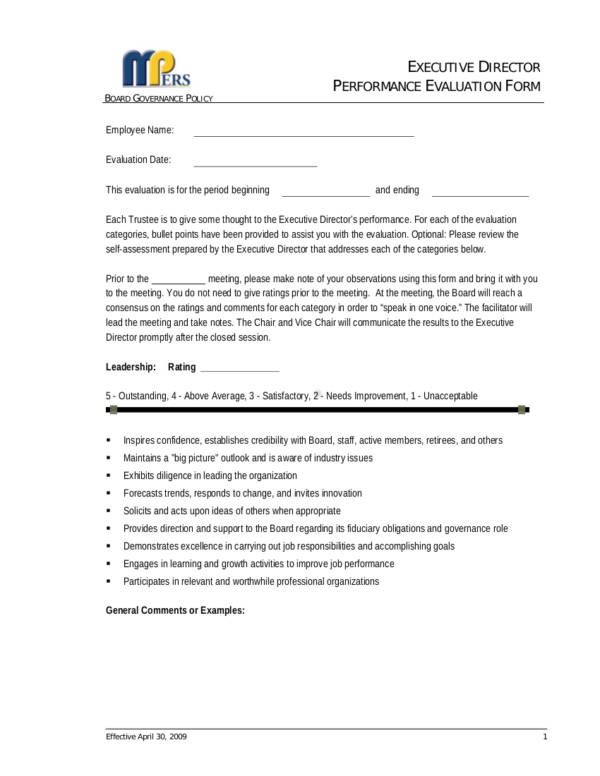It is a truth that no business can achieve success without having a sufficient amount of capital. However, it is an undeniable fact that employees are at the heart of any company or business organization. The manpower of any company is the essential organ that pumps blood through the veins of any business’ organizational structure. A business cannot run properly without having employees who are efficient and perfectly able to perform their job functions in a timely manner. It is for this reason that some businesses may fail. These failed businesses have one thing in common and that is the failure of their employees to perform their job functions to the utmost of their abilities.
The underperformance of employees is, in great part, the fault of the administrative or human resource department of any business. Some business owners and administrators tend to overlook the importance of developing their employees. In turn, their employees are unable to detect when their work habits are no longer beneficial to the company’s goals. That is why if you are a business owner or a human resource manager, you must be able to constantly train, develop, and correct your employees. So that you may do this, you must evaluate your employees periodically using an employee evaluation form. This form can vary in format and content depending on the areas you are trying to assess and the purpose of your employee assessment.
If you are in the process of creating an employee evaluation form, then you have come to the right place! In this article, we are providing you with a variety of employee evaluation form templates that you can download easily. Other than these templates, we also discuss briefly the basics of conducting employee evaluations and performance appraisals. What are you waiting for? Read on below and download the templates that suit your needs.
Employee Performance Evaluation
Employee Evaluation
Evaluation Form
Performance Review Form
Performance Appraisal Form
The Importance of Conducting an Employee Evaluation
Employee evaluation is the process in which a manager or an immediate head of an employee would assess his/her performance at work. Most of the times, a performance appraisal is done every six months or monthly. Such periodic appraisals cover all aspects of an employee’s performance and work habits displayed during office hours. However, there are specific types of employee evaluations that can be conducted on a weekly basis. For instance, when a manager is concerned about the quality of the output that an employee has been producing, he/she would opt to engage the employee in a constructive strategy aimed at improving his/her work quality by conducting a weekly quality assessment.
The process of evaluating an employee’s performance must subscribe to formal procedures and hence, a human resource manager must know how to prepare and utilize the right kind of employee evaluation form. An employee evaluation form is an essential tool that is commonly used by the human resource manager, employers, and team leaders.
If you are still in doubt as to the effectivity and usefulness of employee evaluation forms, the points below expound in detail how necessary and advantageous such forms are:
-
Tool for determining employee’s fitness for a job position by comprehending an employee’s strength, weaknesses, and skill sets.
Naturally, during the process of preparing an employee evaluation form, the superior preparing it is taking into consideration the job description of each employee that is to be assessed. That is why during the evaluation an employee is assessed with a standard that measures his/her ability to perform his/her tasks effectively. In cases when an employee is underperforming, that is when an evaluation form is used to assess his/her areas of strengths and weaknesses. Based on the results of the assessment, a manager can then decide whether or not an employee must be transferred to another department that is more fitting to his/her skill set.
-
Tool for employee training and development.
This is perhaps the most essential use of an employee evaluation form. Indeed, what good can you get out of appraising an employee’s performance level if you are not going to do something to improve the areas that they need to work on? It would be such a shame for managers to use evaluations as a way to pit employees against each other. While it is important to maintain a level of competition that is healthy, too much of it can lead to a company’s downfall. This is so because when an employee is merely motivated by external factors, eventually his/her enthusiasm to work hard and efficiently would fade through time. It is certainly for this reason that human resource managers must ensure that each of their employees is not only externally motivated but internally motivated as well. As one famous saying goes, “an employee is only as good as its company culture.” Indeed, if you cultivate a company culture that is aimed at aligning company goals with each individual employee’s personal goals, then you can expect all of your employees to perform beyond the requirement or their quotas. Since some employees are less inclined to constantly develop and implement effective work habits, it is the job of the human resource manager or employer to devise formal training and development plans for such purpose. Now in the process of creating a training program, the initial step is for the manager to know what their employee’s training needs are. The most effective tool for training needs analysis is the employee evaluation form.
-
Effective communication tool.
In an employee evaluation, the immediate head or the manager would usually set up a formal meeting with each employee. During the evaluation meeting, the manager would present to the employee his/her rating for each component in his/her evaluation metrics. Since an employee can view in which are he/she has failed, then it less likely for him/her to become combative or resistant to the results of the evaluation. Furthermore, if an employee feels that there has been a miscalculation, then he/she has the option to inform his/her manager right away. Some employers and managers understand the value of mutual feedbacking, that is why they ask their employees to conduct a self-evaluation together with the evaluation to be conducted by the manager. In an employee evaluation form, there is usually a section wherein employees are asked to share their remarks regarding an evaluation and whatever concerns they may have. For instance, if they are aware that there is an external factor that is out of their control that has affected the quality or quantity of their work output, then he/she may state this in the evaluation form.
-
Used as a tool for promotion.
An employee evaluation form is a perfect tool for managers and employers to assess the qualifications of a candidate for promotion. Not just anyone can be promoted. Promotion requires that the employee to be promoted has earned it through hard work and perseverance; and most importantly, he/she possesses the appropriate experience and skills to effectively satisfy the new obligations of his/her advanced position.
-
Used as the basis for recognition and rewards.
Since it is not advisable to promote all employees merely because they are doing a relatively good or excellent job, then managers must devise other ways to acknowledge their employees’ efforts. The most effective strategy for boosting employee morale is by giving rewards to worthy employees. In order to determine which employees are worthy of a specific kind of reward, then one must conduct an employee evaluation.
-
Serves as a legally admissible evidence in employment disputes.
Human resource managers understand the importance of keeping copies of their evaluation forms and employee performance assessments. This is not only for the purpose of documentation and mere record keeping but most of all, these forms must be kept for future legal references. It is natural for some employees to question an administrative decision, especially those decisions that are rooted in the way an employee is underperforming or misbehaving. To illustrate this, an underperforming employee who has continually underperformed despite proper evaluations and training would naturally be terminated from his/her job. In the event that he/she would choose to question the legality of his/her termination then he/she would commence litigations in a proper labor court. In that case, the company can protect its interest by presenting to the judge copies of evaluation forms and training documents that serve as proof that the employee has not been terminated arbitrarily.
-
Ensures fair review of employee’s performance and work behavior.
There are numerous types of employee evaluation forms that a human resource manager has the liberty of choosing from. It is due to this inherent variegated-ness of employee evaluation forms that a human resource manager may ask different individuals to evaluate a certain employee. For instance, on top of the regular performance appraisal that is to be conducted by a manager or immediate head, the teammates of the assessed employee can be asked to conduct a peer review too. Even the evaluated employee himself/herself can be asked to self-evaluate using a self-assessment form. When a human resource manager is able to compile evaluations that come from different sources (manager, coworkers, and the employee himself/herself), the analysis of a certain employee’s performance level would become more objective and thus, fairer.
-
Promotes effective feedbacking.
Due to the structured and detailed nature of an employee evaluation form, a human resource manager would find it easier to arrange the content of his/her feedback to be given to the employee during the evaluation meeting. An employee evaluation form can provide a manager, at first glance, how an employee has fared in each metric component.
-
Fosters employee’s behavioral alignment to company goals.
Through an employee evaluation form, the human resource manager can justifiably reprimand employees who are misbehaving, underperforming, or violating company policies. Furthermore, a manager can infer from the results of an employee evaluation the specific behavior that an employee must change or improve. On the other hand, the results of an employee evaluation can also be a source for business owners and chief executive officers to recreate their company goals, vision, and policies in such a way that it is feasible and most of all, facilitative not only of the growth of the business but also of its employees.
Employee Performance Evaluation Form
Annual Employee Performance Evaluation Form
Employee Performance Review Form
Tips for Effective Employee Evaluation
Conducting an employee evaluation can be a tiresome and anxiety-laden task. There are a lot of things you need to prepare before the evaluation. To help guide you in conducting a proper employee evaluation, here are some tips you can follow:
-
Set objective and measurable metrics.
So that you may set out metrics that are measurable, you have to attend to certain aspects of your assessment first. For instance, you have to ask yourself what is the objective of your assessment. Are you trying to assess the overall performance of an employee for six months? Are you trying to assess only the quality of your employees’ outputs? Perhaps you are trying to assess the employee’s work etiquette? Whatever the objective of your assessment, you must clearly define it. After you have defined the objective, ask yourself which behavior and output can appropriately manifest the trait or aspect you want to assess. Make a list of these components that you need to assess. Then decide on the rating system you want to use. It is advisable that you use numerical rating (1-5, 1% – 1-100%) as compared to word ratings (e.g., below average, average, excellent).
-
Provide positive feedback together with your negative feedback.
When meeting up with your employee, it is natural for you to tell him/her which areas you want to be changed or improved. Make sure that when you are handing out constructive criticism, you can also provide a corollary positive feedback. For sure, there is no such thing as an absolutely bad employee. There is always one or two aspect that the employee must be commended for. If you are evaluating a completely problematic employee who is both underperforming and constantly being absent, you must not avoid commending him/her attributes that he/she so obviously does not possess.
-
Use the appropriate type of evaluation forms.
You have to make sure that the type of evaluation form you are using would perfectly fit the objectives of your assessment. To know which type you need to utilize, you must go back to the objective of your assessment. If you are assessing something as intangible as work ethics and work relationship etiquette, it is advisable that you prepare different types of evaluation forms to be filled out by different individuals. You have to do this in order to ensure an objective and fair evaluation.
-
Be objective.
This is the primary rule that must be observed during the employee evaluation process. Indeed, you don’t want your efforts to be counterintuitive. If you are not biased when assessing your employees, then the reason for your evaluation would not be satisfied. If you are all new to the act of conducting employee evaluations, here are some rules you may follow:
- Check yourself before conducting an evaluation.
- Ask yourself what your biases are toward a certain employee.
- Make a list of all the prejudices that you are aware of in yourself.
- Analyze your prejudices and determine your usual reactions when you can observe these objects of your prejudice from an individual.
- Take note of your reaction and keep in mind that you are able to detect right away if you are feeling such prejudices when conducting an evaluation.
- If you think that you have personal issues with the employee you are about to assess, you can always ask another manager or administrative officer who is relatively or equally qualified to conduct the evaluation.
New Employee Performance Evaluation Form
Probationary Employee Performancce Evaluation Form
Employee Planning and Performance Review
Mid-Year Performance Evaluation Form
Executive Director Performance Evaluation Form
Different Kinds of Employee Evaluations
As mentioned, there are different kinds of employee evaluations. It necessarily follows therefore that there are equally as many employee evaluation forms. The following are examples of the commonly conducted employee evaluations:
- Annual Performance Review: This type of employee evaluation is conducted by most companies. This is done once a year and most of the time, this type of review covers the entirety of an employee’s performance level and work behavior. Aspects such as tardiness, absenteeism, and subscription to company rules are also included in this type of assessment. The objective of most annual performance review is for employers to determine which employees deserve a raise or a promotion.
- Employee Self-Evaluation: As the name suggests, this type of employee evaluation is to be conducted by the employee himself/herself. In this evaluation process, the manager hands out an employee self-evaluation form to the employee then the employee would rate himself/herself in every component asked for in the form.
- Peer Review: A peer review is a type of employee evaluation that is to be conducted by an employee’s teammates and colleagues. This is an effective type of evaluation especially when the objective of the assessment is not output based but rather circumscribes the behavioral and ethical level that the employee exercises within the workplace.
- Employee Training Needs Assessment: This is the type of evaluation that a manager conducts prior to the preparation of a training and employee development program. This is an essential step in employee development as this allows the managers to comprehend the strengths and weaknesses of each employee. From the results of this assessment, a manager can then fabricate a training plan that can effectively goad the employee into developing the aspects that they need to improve on.
- Employee Post-Training Evaluation: During the training and development period, employees are expected to achieve specific training goals. That is why, by the end of the training period, a human resource manager can assess the employees’ progress through an employee post-training evaluation.
Related Posts
FREE 10+ Heuristic Usability Evaluation Samples [ Website, Testing, Inspection ]
FREE 10+ Job Knowledge Evaluation Samples [ Employee, Skills, Self ]
FREE 10+ Consultant Performance Evaluation Samples in PDF | DOC
FREE 10+ Job Interview Evaluation Samples [ Teacher, Candidate, Performance ]
FREE 10+ Grant Proposal Evaluation Samples in PDF | DOC
FREE 10+ Faculty Performance Evaluation Samples in PDF | DOC
FREE 10+ Internship Evaluation Samples [ Supervisor, Self, Performance ]
FREE 10+ Resident Evaluation Samples [ Medical, Self, Rotation ]
FREE 10+ Dissertation Evaluation Samples [ Critical, Service, Self ]
FREE 3+ Front Desk Evaluation Samples [ Performance, Receptionist, Employee ]
FREE 10+ Vendor Performance Evaluation Samples in PDF | DOC
FREE 10+ Thesis Evaluation Samples [ Master, Defense, Project ]
FREE 10+ Student Evaluation Samples [ Teacher, Self, Performance ]
FREE 10+ Sales Performance Evaluation Samples [ Staff, Team, Force ]
FREE 10+ Quantitative Evaluation Samples [ Qualitative, Performance, Method ]
